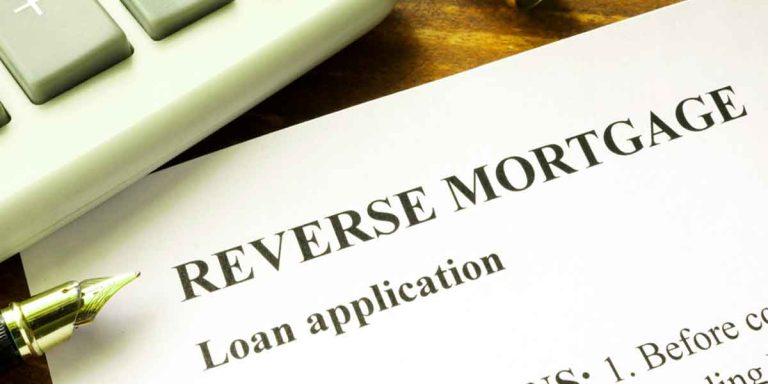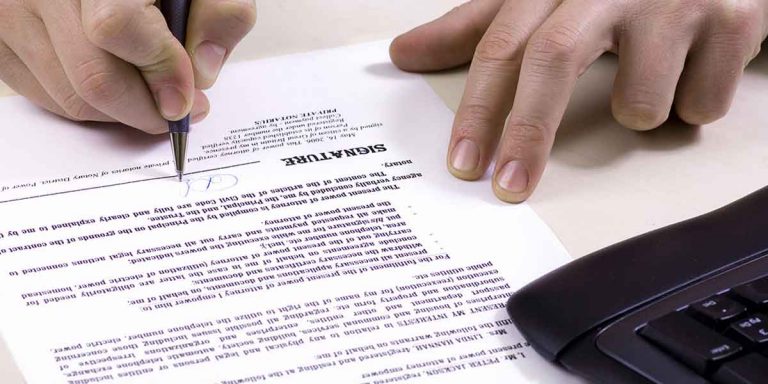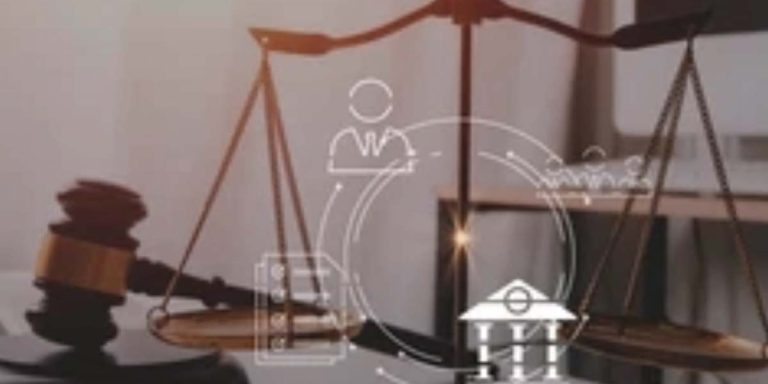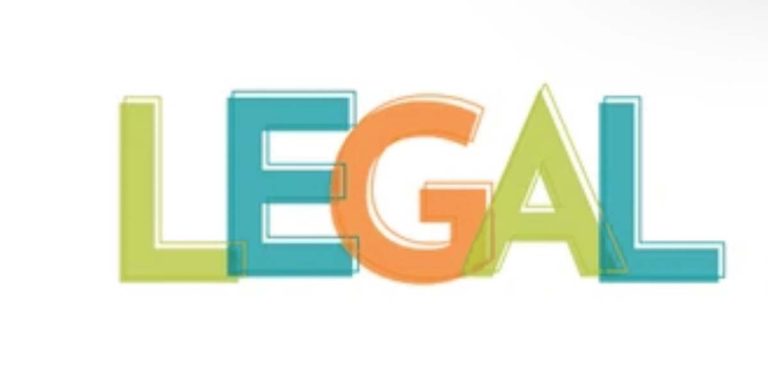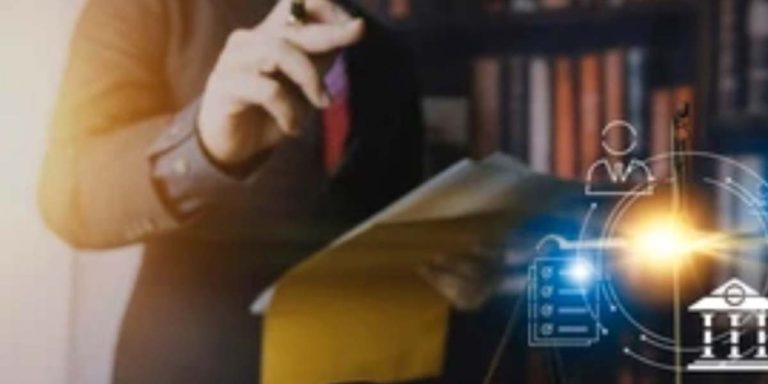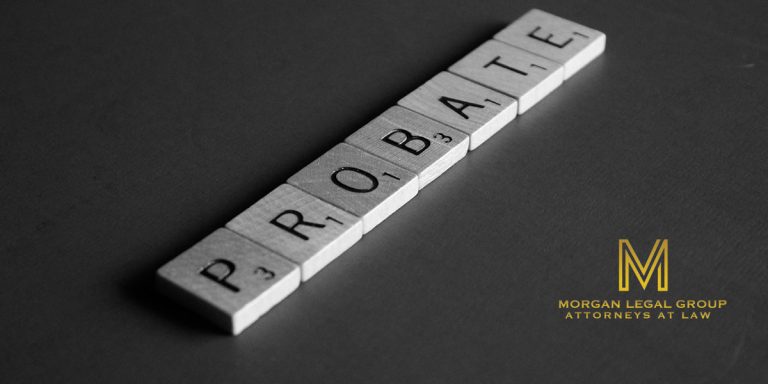There are many misconceptions about the probate process. Such incorrect mindset causes people to make mistakes when estate planning or administrating an estate.
Probate is a legal process and like so many other legal matters, there are bound to be misunderstandings.
This blog post highlights some common myths and misconceptions about the probate process.
Misconception #1 – If you have a will, your estate will not go through probate
This myth has led so many people to put their survivors through problematic probate processes. One reason people have this wrong notion is that they possibly heard that if you do not have an estate plan, your estate will go through a complex probate process. So they try to avoid probate by drafting a will. But on the contrary, a will is what necessitates probate.
Probate is simply a court process to validate a will and disburse the estate accordingly. As long as you have assets held in your name alone (not held jointly with someone else), those assets must go through the court. Even if you do not have a will, these same assets will still go through probate.
However, writing a will ensures your estate will be disbursed according to your wishes. If your wishes are not known, the court will decide for you, and your choicest loved one may not get what they deserve.
Misconception #2: All your assets must go through probate
Another erroneous belief people have about New York probate is that all the assets of a deceased must go through probate. This misconception must be debunked.
No, all your assets must not go through probate as long as they are held differently. Probate assets are assets that typically go through probate. These assets bear only your name as their owner and do not have any beneficiary designation: e.g., your bike, car, bank account, house, etc. But if any asset bears your name and someone else’s, the asset must go to the surviving owner when one dies, and this transfer happens outside probate.
The following are non-probate assets (assets that will not pass through probate):
- Real property held jointly (probably by a husband and wife. On the death of one spouse, the property goes into the direct ownership of the surviving spouse without any court involvement.
- Assets in a trust
- Transfer-on-death bank account having beneficiary designation
- Life insurance proceeds
- Retirement accounts such as 401(k)
Misconception #3: The probate process always takes years
It is true that New York probate is time-consuming and complicated, but it’s not always so. Probate can conclude within as short as 4 months, and it sometimes take over a year. But notably, the length of probate is determined by the value and complexity of the estate and whether problems arise in the course of probate.
When an individual leaves a house, cars, money in the bank, and a few belongings, probate will typically not take long. But when there are valuables, such as businesses, property in other states, and family members who are always at each other’s throats, then probate is most likely going to take much longer. Sometimes, mistakes on the part of the executor can even lead to months of delays. An executor can be dragged to court for asset mismanagement, family members may file lawsuit for estate litigation or will contests, but these do not always happen. In fact, they are not very common.
Misconception #4: A family member must always be the executor
Thinking that your spouse or child must be your will executor is a misconception. You can name anyone as an executor, even a stranger; so long they are a legal resident of New York. There are other requirements about who can serve as an executor, such as criminal records, etc. But the truth is, your family, friend, or distant relative can act as the executor of your will.
Misconception #5: Once probate begins, you must pay estate tax
An estate is subject to estate tax in New York only if it exceeds the exemption amount. Even when you use a living trust to transfer assets, your estate may still be subject to tax if it worths above that value. So it’s not probate that necessitates estate tax payment.
Final words
When you know where traps are set, you have a better chance at avoiding them. Plainly, knowing the common misconceptions about probate will put you in a position to make a better plan.
Still have questions about probate? Reach out to our experienced probate attorneys New York




